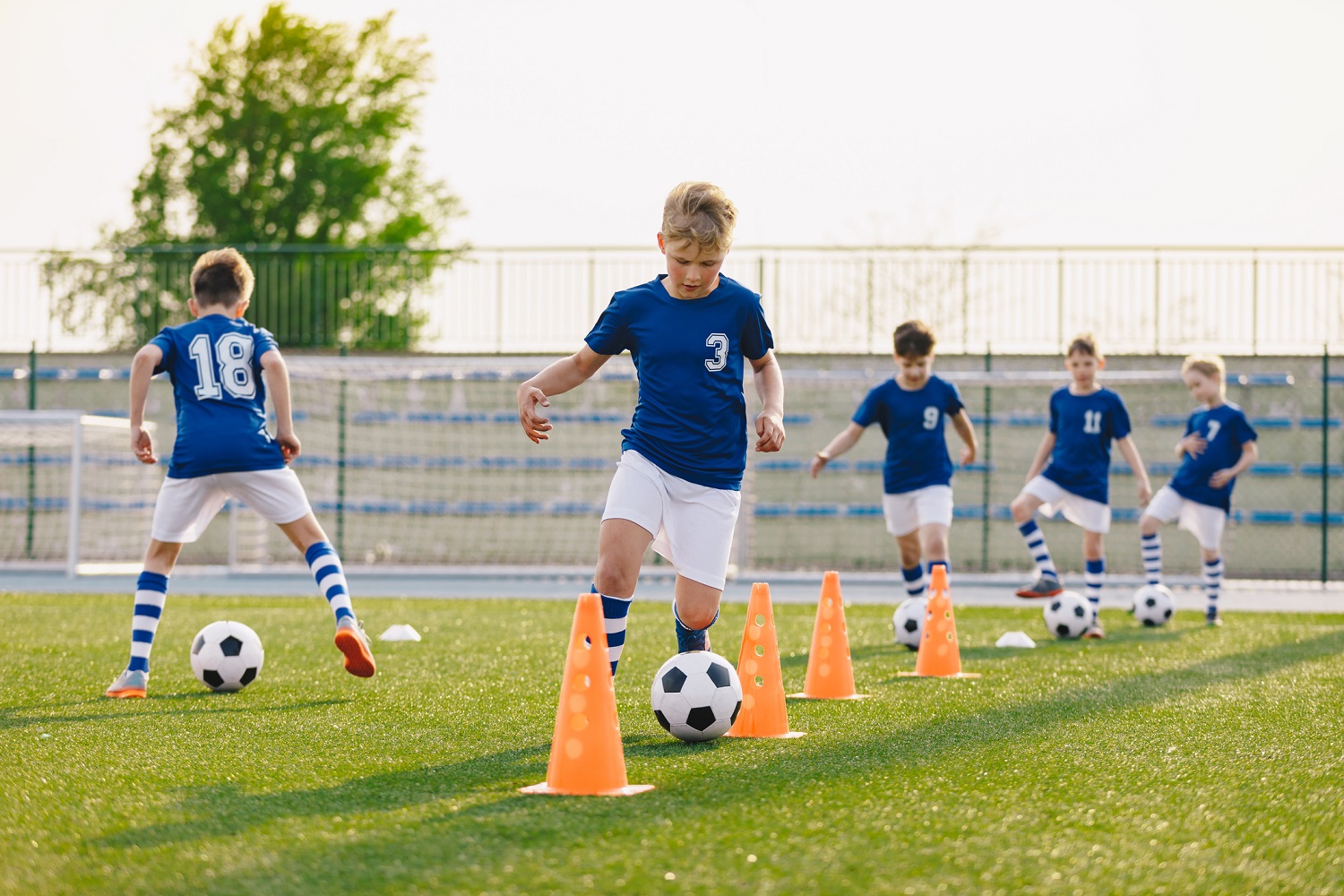
Boys involved in team sports during the COVID-19 pandemic have reported better general, physical and mental health than girls who also played sport, according to new research by Flinders University.
The results point to the benefits that sport can bring during times of social isolation. It also highlights how sporting clubs may need to reengage female participants now that restrictions have eased.
“Before the pandemic even began, Australian kids were already insufficiently active and various pandemic restrictions led to a further reduction in sport participation,” says study lead author Dr Sam Elliott, from the SHAPE Research Centre at Flinders University.
“Given what we know about the physical and mental health benefits of sport, it’s important we understand how the general, physical and mental health of youth sport participants was impacted when many competitions were cancelled in the early stages of the COVID pandemic in 2020.”
Using survey data collected from more than 400 sports players aged 13 to 17 during May and June 2020, the authors looked to understand the link between sport and general, physical, and mental health and wellbeing, alongside other demographic characteristics such as gender, location and type of sport.

Over half (58.8 percent) of the survey participants were male, with all respondents either playing a club sport, an informal sport or taking part in physical activity, with the majority engaging in a team sport.
The results found that boys were significantly more likely to report very good or excellent general health versus girls, with the same responses for both physical and mental health. The data also showed that during COVID-19 lockdowns, those who played individual-only sports or just did personal physical activity were more likely to report worse, or much worse general and physical health, compared to those who played a team sport.
“The overall finding that male youth reported better overall health could be due to a number of factors, including that they were more physically active during lockdowns, or that due to entrenched gender stereotypes, boys were less likely to view themselves in an inferior manner,” says Dr Elliott.
“For girls, their lower scores could be due to female youth more readily relying on strong social support networks for sport participation, physical activity and psychological wellbeing, with restrictions hindering all social catch ups of this nature.
“We also know girls are more likely to drop out of sport during adolescence than boys, so if they did leave sport during lockdowns, these opportunities to stay connected would have greatly diminished.”
Consistent communication and the ability to stay connected with peers, even online, was seen as the driving factor why those who participated in team sports were more likely to report better physical and mental health than those playing individual sports.
While the study did not compare those who play sport with those who do not, the authors say the study provides useful insights into the differing impacts of the pandemic on male and female players, and regarding team sports versus individual sports.
“Sports clubs are important for promoting and supporting kids’ health and wellbeing, and sport organisations will need to focus on ensuring that clubs have the capacity to rebound as the COVID pandemic recedes,” says Dr Elliott.
“Re-engaging girls in sport may be especially important, as will efforts to ensure individual sports don’t suffer from a downturn in participation.
“As sport can play an important role – not only in physical health but also in social and mental health – it’s vital we ensure participation hasn’t suffered due to the pandemic and can find ways to continue boosting participation in the future.”
Catch Dr Elliott and The Advertiser’s Ben Hook unpack this research on Australia’s leading sport research communication podcast, Beyond the Club. This episode is to be released soon.
The paper – ‘The impact of COVID-19 restrictions on perceived health and wellbeing of young Australian sport and physical activity participants’ by Sam Elliott, Rochelle Eime, Jack Harvey, Melanie Charity, Murray Drummond, Aurelie Pankowiak and Hans Westerbeek – is published in the prestigious journal Youth & Society. DOI: 10.1177/0044118X221122878

